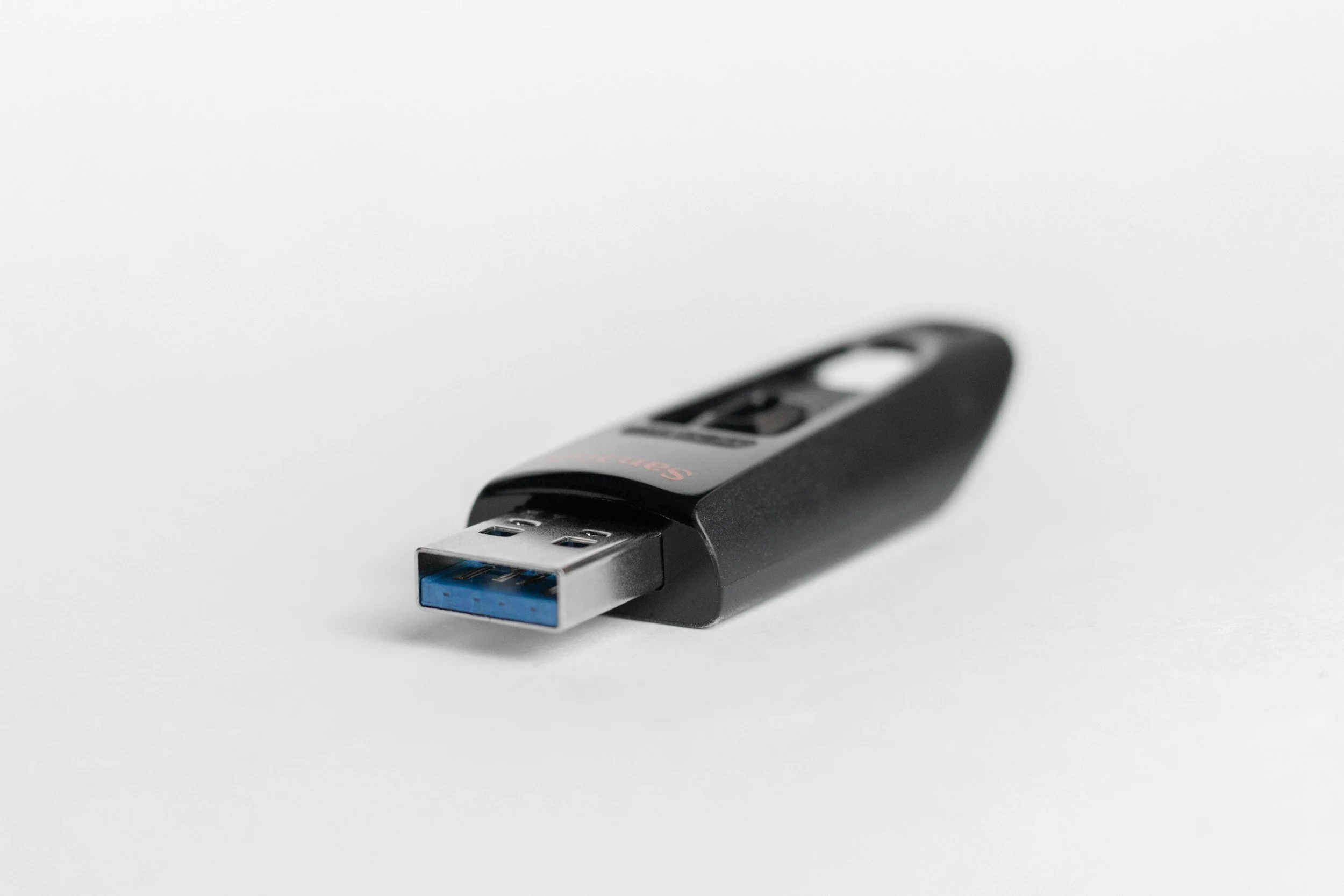AI Data Collection: Privacy Risks of Web Scraping, Biometrics, and IoT
Image Credit: Sara Kurfeß | Unsplash
As artificial intelligence becomes increasingly embedded in everyday life, the strategies it employs to gather data have ignited substantial privacy debates. The methods AI systems use to collect information often occur without explicit user consent, leading to fears of personal data misuse.
Web Scraping: A Comprehensive Method
AI technologies commonly utilize web scraping to harvest content from publicly available sources, including websites, digital libraries, and third-party platforms. This technique can involve the extraction of user metadata and marketing information without obtaining explicit consent from individuals. Such practices raise significant ethical and legal questions about user privacy and data ownership.
[Read More: Navigating Privacy: The Battle Over AI Training and User Data in the EU]
Storage of User Interactions
When users engage with AI models, their input data is frequently stored for future training and improvement of these systems. While this data retention aims to enhance AI performance and accuracy, it also poses risks of exposing sensitive information if not adequately safeguarded. Proper management and security measures are essential to mitigate potential breaches.
[Read More: Victoria Bans Generative AI in Child Protection After Privacy Breach Incident]
Intrusive Biometric Data Collection
The deployment of facial recognition and other biometric technologies by AI systems facilitates the collection of personal data often without the user's awareness or consent. This practice raises profound privacy issues, particularly when such data is utilized for surveillance or other unauthorized purposes, potentially infringing on individual rights.
[Read More: AI's Dark Side: Navigating the Perils of Misuse]
Continuous IoT Data Surveillance
Internet of Things (IoT) devices are designed to continuously collect data from users' environments. AI systems process this influx of information to perform complex tasks, which has sparked concerns about incessant surveillance and the potential for data misuse. The pervasive nature of IoT surveillance underscores the need for stringent privacy protections.
[Read More: The Future of Surveillance: Argentina's AI Crime Prediction Raises Alarms]
Broad API Data Integration
Application Programming Interfaces (APIs) enable seamless data integration across various platforms, allowing AI systems to aggregate data from multiple sources for comprehensive analysis and training. While this enhances the functionality and versatility of AI applications, it also brings to light privacy challenges regarding the extent and nature of data sharing among different services.
[Read More: Is Your Face in the Database? Clearview AI Slammed with $30 Million Fine for Illegal Data Harvesting]
Use of Public Records in AI Training
AI systems often incorporate data from public records into their training datasets, encompassing sensitive information such as criminal records and immigration documents. This inclusion typically occurs without prior authorization, leading to potential infringements on privacy and raising questions about the ethical use of publicly available but sensitive data.
[Read More: Your Daily Conversation at Home is Used to Train AI by Amazon?]
Reliance on Traditional Surveys for Personalization
Despite advancements in technology, many AI vendors continue to employ traditional methods like surveys to gather detailed user preferences. This data is instrumental in enhancing personalization features but also raises concerns about the depth and sensitivity of information users are required to disclose, potentially impacting their privacy.
[Read More: Meta Mandates Your Data for AI Training?]
Conclusion
The varied data collection methods employed by AI systems highlight an urgent need for robust privacy safeguards and transparent data practices. As AI continues to evolve and integrate deeper into societal frameworks, protecting individual privacy rights must remain a paramount concern to prevent misuse and ensure ethical standards are upheld.
[Read More: Understanding the Risk Classification of the EU's AI Act]
Source: eWeek











